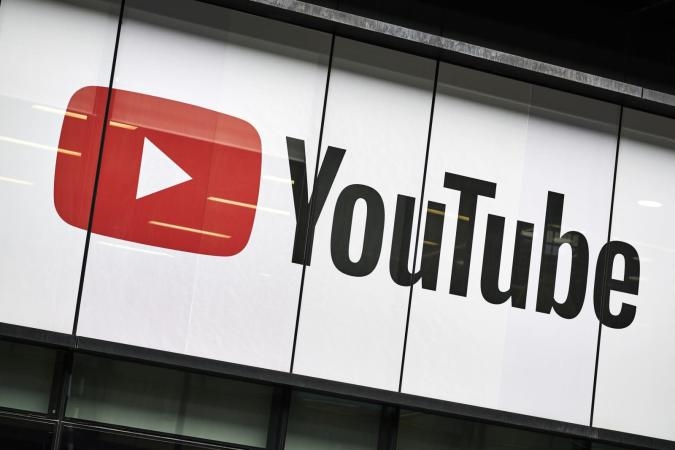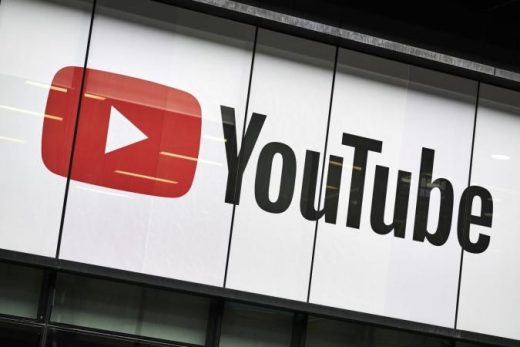Netflix’s ad-supported tier might not play commercials during new movies
Google will pay $170 million to settle YouTube child privacy accusations
The FTC will receive its biggest ever payment related to a COPPA case.


Google will pay $170 million to settle charges from the Federal Trade Commission and the New York Attorney General that YouTube illegally collected data from kids who watch the video-streaming service. The company will shell out $34 million to New York and $136 million to the FTC, in what the agency says is the largest amount it’s ever obtained in a Children’s Online Privacy Protection Act case since the law took effect in 1998.
The New York AG and the FTC accused Google and YouTube of collecting personal data from viewers of channels aimed at under-13s without informing parents or gaining their consent, including through the Kids app. YouTube allegedly made millions from using that data to display targeted ads to people watching those channels. In the complaint, officials said Google told Mattel YouTube was “today’s leader in reaching children age 6-11 against top TV channels” and informed Hasbro it’s the top “website regularly visited by kids.”
“YouTube touted its popularity with children to prospective corporate clients,” FTC chairman Joe Simons said in a statement. “Yet when it came to complying with COPPA, the company refused to acknowledge that portions of its platform were clearly directed to kids. There’s no excuse for YouTube’s violations of the law.”
Under the settlement, YouTube will stop collecting data from videos that are aimed at kids. It’ll also have to require channel owners to flag videos that are intended for kids and provide annual COPPA compliance training to employees who deal with channel owners. In addition, YouTube and Google are prohibited from violating COPPA and they’ll have to “provide notice about their data collection practices and obtain verifiable parental consent before collecting personal information from children.”
YouTube will stop displaying personalized ads completely on videos for kids and it’ll turn off comments and notifications on them too. As well as requiring creators to flag kid-targeted videos, it’ll “use machine learning to find videos that clearly target young audiences, for example those that have an emphasis on kids characters, themes, toys, or games.”
In a blog post, YouTube CEO Susan Wojcicki, said the settlement would “better protect kids and families on YouTube.” The service will “continue working with lawmakers around the world in this area,” she wrote. She recommended that if parents let children under 13 watch videos on the service by themselves that they do so through the YouTube Kids app, noting that “we recently raised the bar for which channels can be a part of YouTube Kids, drastically reducing the number of channels on the app.”
Still, the settlement and YouTube’s policy changes might not be enough to satisfy critics and advocacy groups who’ve accused YouTube of violating COPPA for years. The FTC’s two Democratic members voted against the settlement, for instance.
“The order does not require YouTube to police the channels that deceive by mis-designating their content, such as by requiring YouTube to put in place a technological backstop to identify undesignated child-directed content and turn off behavioral advertising,” Commissioner Rebecca Kelly Slaughter wrote in a dissenting statement. “True, a technological backstop is not explicitly mandated by COPPA’s text, but such a requirement would, I believe, be appropriate and necessary fencing-in relief.”
Meanwhile, fellow Democratic Commissioner Rohit Chopra suggested that a fine in the billions would have been more appropriate. He cited the revenue Google generated through its alleged COPPA-violating practices and precedence from other FTC actions against the company.
Reports last week suggested Google would pay up to $200 million to settle the accusations. The previous record payment the FTC received over COPPA violations was a $5.7 million settlement with TikTok earlier this year. The agency also reached a $5 billion settlement with Facebook this summer related to the Cambridge Analytica privacy scandal.
(18)


